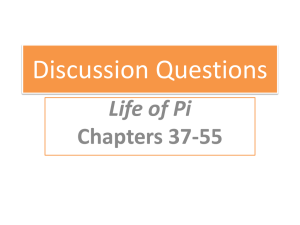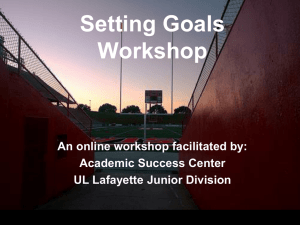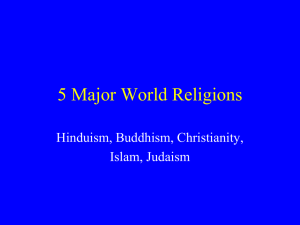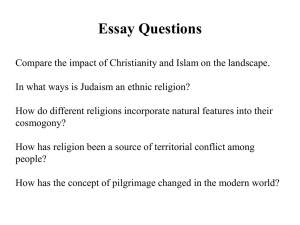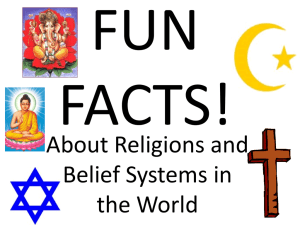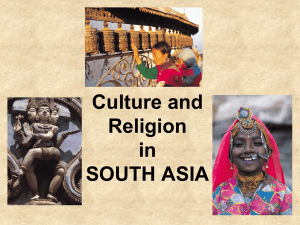Life of pi chapters 15-28
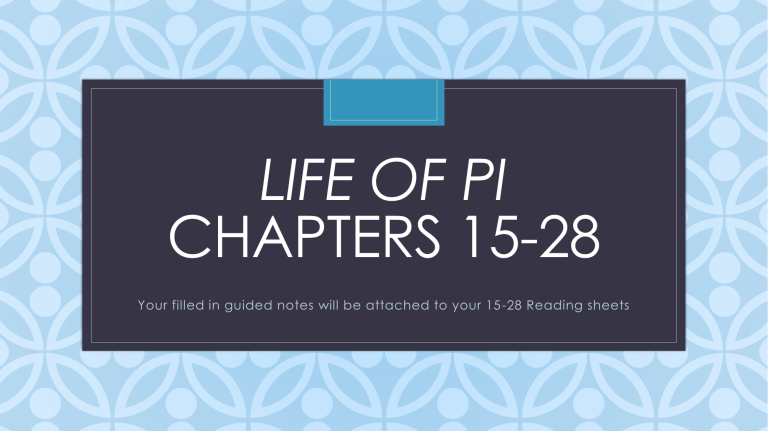
LIFE OF PI
CHAPTERS 15-28
Your filled in guided notes will be attached to your 15-28 Reading sheets
Focus
• Just like the chapters that focused on animals, we need to continually work on drawing connections between these somewhat irrelevant stories and the journey of Pi
• As we discuss the chapters, think about your own journey to your faith/beliefs. Did someone guide/mentor you? Have you established yourself as something different from your parents? How do you reconcile that?
• Do you believe someone can be a part of different religions-some that are very different from each other- and be devout to all three?
“A GERM OF RELIGIOUS EXALTATION,
NO BIGGER THAN A MUSTARD SEED,
WAS SOWN IN ME AND LEFT TO
GERMINATE. IT HAS NEVER STOPPED
GROWING SINCE THAT DAY” (47)
• Remember: in the beginning Martel lets us know that the story he is going to tell us will make us believe in God
• “The elderly man said, ‘I have a story that will make you believe in God’” (x).
• We know that Pi values two things: animals and religion
• Chapters 15-28 focus on the role of religion in his life and the journeys that brought Pi to Hinduism, Christianity, and Islam
• As we summarize the chapters think about the importance of faith for Pi in his predicted upcoming struggles, and about the connections you can draw between his experiences
What we already know….
We encounter italics-so we know Martel is narrating his experiences with Pi
• Martel describes Pi’s house in Canada going room by room noting all the various religious iconography
• Martel sees different crosses, prayer rugs, Bibles,
Virgin Mary statues, and various Hindu deity statues
• The chapter is a retelling of what is seen-no dialogue
• Answer the question with a partner-why would
Martel have so many different representations of faith in his home, surrounding him?
“His house is a temple.”
“We are all born like Catholics, aren’t we-in limbo, without religion, until some figure introduces us to God? After that meeting the matter ends for most of us. If there is change, it is usually for the lesser rather than the greater; many people seem to lose God along life’s way. That was not my case” (47)
The Birth of Hinduism
-Pi is brought into Hinduism as a baby through the efforts of his Aunt Rohini (his mother’s side)
-Large emphasis on the rites and rituals of Hinduism
-Discusses the role and influence of Brahman
-Hindu guides his own perspective of his purpose and role within the universe
• “There is what the rite and ritual stand for. Here too
I am Hindu.
The universe makes sense to me through
Hindu eyes”
(48)
“I was fourteen years old-and a well-content Hindu on a holiday-when I met Jesus Christ” (50)
• Pi encounters another helper, Father Martin
• Father Martin introduces him to the story of Christand Pi is intrigued and mystified that this is the only story that Christianity has to tell
• Father Martin explains no other story is needed
• At the end of his time with Father Martin he decides to follow Christianity, and Father Martin declares he already is one
Discuss with a partner and share
• Why do you think Pi so fascinated with the one story of Christ on the cross? Why does he ultimately decide to adopt Christianity?
“Love. That was Father
Martin’s answer”
(54)
“Islam followed right behind, hardly a year later” (58)
• Pi meets a third helper to introduce him to Islam, a
Sufi (Muslim mystic) named Satish Kumar
• Kumar teaches Pi about Islam and they pray together, leading to a very influential relationship on Pi’s future interests
• The ritual of prayer enchants Pi, he finds great purpose in what he calls, “the callisthenic communion with God”
• How is Pi’s discovery of Islam fulfilling? Discuss with a partner.
“It felt good to bring my forehead to the ground.
Immediately it felt like a deeply religious contact”
(61)
“Alas, the sense of community a common faith brings to a people spelled trouble for me”
(64)
• In this set of chapters, Pi faces the pressures of all three faiths converging on each other
• On a day out with his parents, Pi has an encounter with all three of his religious mentors (the three wise men)
• The three mentors then engage in a battle of insults about each respective religion-culminating in an ultimatum presented to Pi-he must choose one
• His response: “Bapu Gandhi said, ‘All religions are true.’ I just want to love God,’ I blurted out, and looked down, red in the face” (69)
• Pi comes to the following conclusion: “[P]eople fail to realize that it is on the inside that God must be defended, not on the outside…To me religion is about our dignity, not our depravity” (71)
The Secret is
Out….
“How many nations are there in the sky?” (73)
• In these chapters, Pi confront his parents about what he needs to fully practice his faiths
• Through the interactions with his parents, we see a clash of traditional ideas (faiths, ritual, prayer) with that of the new, progressive ideas his parents have adopted (change, new, forward-thinking, independent thought)
• In the end, Pi is baptized and given a prayer rug, and continues to find solace in all three faiths
“Yes. Or none.
There’s that option too, you know.
These are terribly oldfashioned things you’ve taken to” (73)
Response Questions
• Choose two to answer in complete paragraphs
:
• 1) Would Pi have had the connection to all three faiths if he had not met his mentors?
Describe the importance of the “guides” that bring him into their faiths.
• 2) Is Pi brave to face all three mentors, along with his progressive parents, and declare that he will follow what he wants? Discuss the characteristics Pi must have in order to have those conversations.
• 3) Pi seems to respond to specific aspects of Hinduism, Christianity, and Islam. Describe what you think those things are, and why Pi gravitates to them.
• 4) (opinion) Do you think Pi needs to choose one faith to follow? Is their something
“wrong” with following all three as his mentors and parents believe? Discuss why he must choose just one, or how he can embrace all three.

